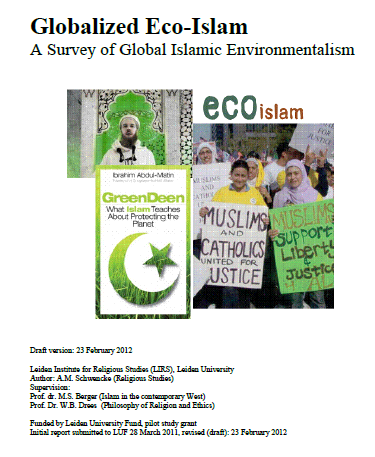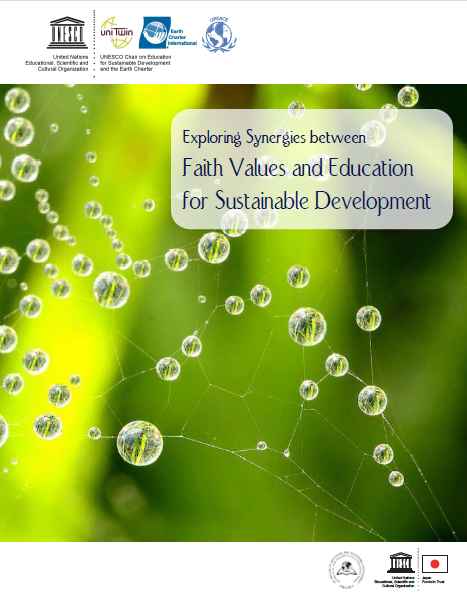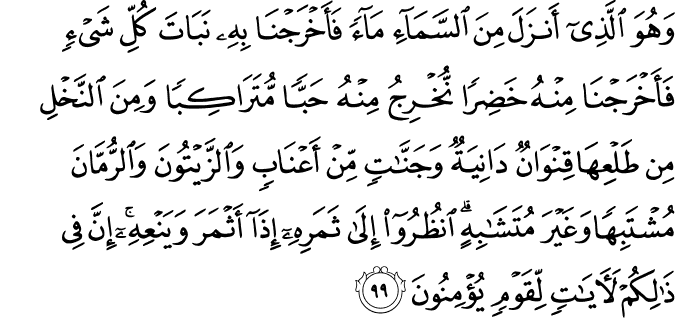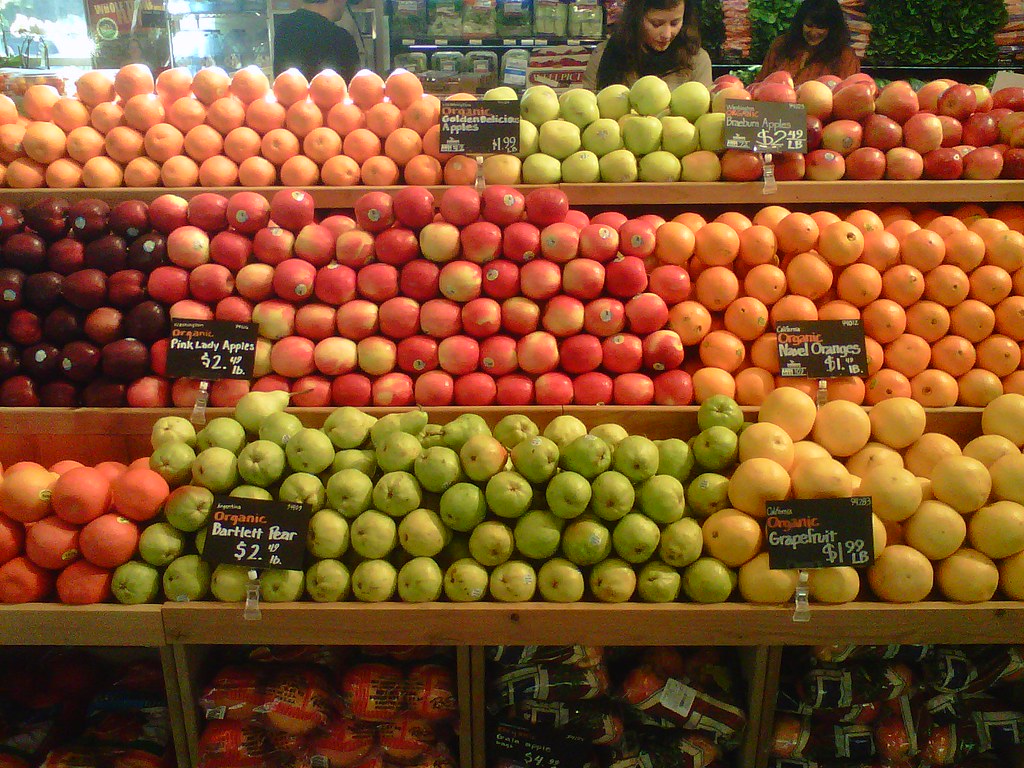By Omar Mahfoudhi
There is no denying that spring has sprung quite early this year. The summer-like conditions in early March, for some, were a welcome relief from winter. For others, however, it was an ominous warning of what is to come.
The debate over climate change and global warming has been going on for over half a century – ever since scientists confirmed the process of heat from the sun being trapped in a gaseous layer around the earth, or the greenhouse gas effect.
Without delving into too much history, the discussion about climate change and global warming, to say the least, has evolved over the past few decades; involving science and the scrutiny of it, politics and its sleaze and public opinion, pertinently founded or not. The truth is something has been changing. And the question is what can we do to mitigate the impacts of these changes, if at all?
But first, what is climate change? And is it different from global warming?
Climate change and global warming are two dynamically linked phenomena. As global temperatures rise, they affect climate conditions around the world. Additionally, warming is only one manifestation of climate change; one of a series of changes that takes effect as the planet moves into a new climate condition.
In addition to warming we will see more frequent and more violent storms, a shift in oceanic currents, and change in precipitation levels around the world, and of course a swing in seasonal changes as we have seen this year. However, that is not where the effects stop. These changes in climate and the increased temperatures can, have, and will directly and indirectly impact many other aspects of natural systems and human lifestyle.
The Ottawa River, for example, had on record the earliest dates of ice free waters as April 10th. This year we saw the Ottawa River ice free on March 21. That’s 20 days early. We were in our backyard this year, as early as March 12, gardening with fully thawed top soil. These are some of the localized ground conditions you may have noticed.
So why is this a problem?
The first thing that comes to mind when we are talking about early spring is that life regenerates much earlier. This might be great for gardens and even for food crops. In reality, many plants require a gradual increase in temperature for proper germination and flower blossoming.
On the flip side, those of us with hay fever are suffering a little earlier this year, as record-breaking March temperatures push pollen counts sky-high.
Second, this very early regeneration of life applies equally to pests. On top of that, pests are much hardier than the crops and plants they feed on, while pollinators are not so hardy. With offset blossoming and pollinating schedules and a stronger pest presence comes a greater stress on food crops. This would lead to an increase in the use of artificial pollination, fertilizers, and pesticides, at the very least, if not also a stress on food security for some crops.
You may have heard of two pests: the Asian Longhorned Beetle and Emerald Ash Borer. The latter two having delivered a crippling blow to the Canadian timber industry. Unlike human beings who, through the use of technology and behavioral modifications, are able to inhabit whatever part of the earth we choose, flora and fauna are at the mercy of their surrounding environment. Plants, animals, fungi, even bacteria, are confined to the habitats they are best suited. The single largest environmental limitation of living creatures is their ambient temperature.
Current global temperatures rising, especially in areas such as northern Canada, where half of the world’s remaining forest exists in the form of the boreal forest. These areas hold almost a quarter of the world’s on-land carbon stores and an invasion of the Asian Longhorned Beetle could have devastating consequences. Climate change is providing favourable conditions for the migration of pests northwards and the risks to this crucial carbon sink is unfathomable. Imagine what the release of all that carbon could do to our global climate.
We do not often think much about the link between the climate and our daily lives beyond the need for an umbrella, or a toque. So something that typically escapes our thoughts is the link between our indispensable gadgetry and climate extremes. Over the last decade we have seen quite a strain on the electronic market due to extreme climate conditions like tsunamis in Asia which have affected the supply of many minerals and raw materials. If our life necessities like fruit and vegetables are risk, then so are our luxuries.
As you can see, climate change has a cascading effect on this entrusted planet and ultimately on the lives of all of Allah creatures, including our own.
All of this makes one really reflect on what Allah says in the Quran: “Ruin has appeared on the land and the sea because of what the hands of people have earned. That We may give them a taste of what they have done, that they may return (from their evil).” (Ch.30, v.41)
Quran commentator, Ibn Katheer explains that because of our preoccupation with accumulating worldly gains we will inevitability cause the destruction of the earth. It is up to us to heed this warning and make a change in the way we behave in our daily lives and be mindful of the impacts we have.
After 50 years of discussions, debates, laws, and publicity, public realization and awareness has reached an all time high. Public opinion of the reality of climate change has shifted. The fourth iteration of the National Survey of American Public Opinion on Climate Change reports that public belief that climate change is indeed underway increased by 7 per cent up to 62 per cent.
It seems that we really do need these warnings from Allah to turn back from our wasteful and glutinous ways. The true shame is on the Muslims who have had this verse sent down from Allah above. Unfortunately, like many a warning from our Creator, has been recited and glanced over without it having an impact on our hearts or our actions. Let us not be like the donkey carrying books and instead be the change we so dearly need on this earth.
Omar Mahfoudhi has a Bachelor’s degree in Environmental Sciences from the University of Ottawa. He is known amongst friends and colleagues as Green Kufi because of the green prayer cap he often sports and because he’s a Muslim Environmentalist.
Originally published online on April 6 2012 in the Ottawa newspaper, Muslim Link (Muslimlink.ca).
Photo credit from wuji9981











































